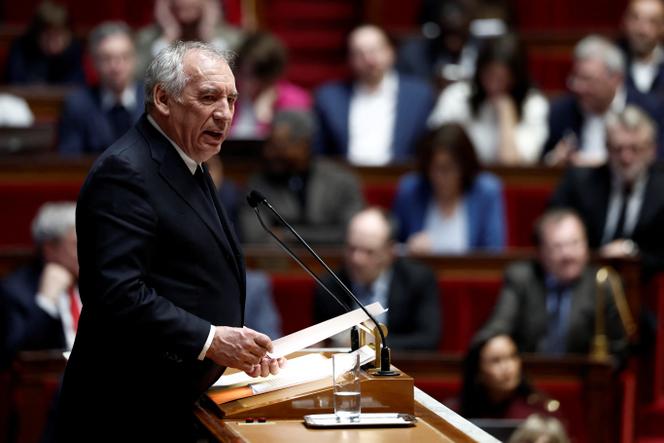


France's Prime Minister François Bayrou on Tuesday warned Parliament about his country's spiraling debt and said he was ready to reopen talks on pension reform, hoping to avoid a no-confidence vote that could prolong the country's rumbling political crisis.
In his government policy speech to lawmakers at the Assemblée Nationale, Bayrou said: "I'm choosing to put this subject back on the agenda, with [unions and employers' federations], for a short time and under transparent conditions." Bayrou vowed to seek "a new path of reform, without any totems or taboos, not even the retirement age," as long as the financing for the changes is guaranteed.
President Emmanuel Macron's plan to raise the retirement age from 62 to 64 unleashed months of mass protests from January to June 2023 that damaged his leadership.
Bayrou also outlined other top priorities, including key budget decisions, one month after he was appointed by Macron. "The task that the country has set us is to return to stability," he said.
Bayrou revised France's 2025 public sector deficit target upwards, and cut the forecast for growth in his policy speech. Bayrou said the deficit was now expected to come in at 5.4% of gross domestic product (GDP), up from a previous target of 5%, while economic growth was projected at 0.9% for the year, down from a 1.1% target set by the previous government.
Yet Bayrou is mindful of the need to tackle France's spiraling deficit and growing debt mountain. In his speech, he zoomed in on the issue, saying it was his government's greatest worry. "This debt is a sword of Damocles over our country and our social model," Bayrou said. "We have many reasons to worry, but one emerges with resounding force: our excessive debt."
His government is under pressure from the European Commission for overspending and from high refinancing costs demanded by financial markets. A deficit level of 3% of GDP, demanded by EU deficit rules, would be reached in 2029, Bayrou promised.
